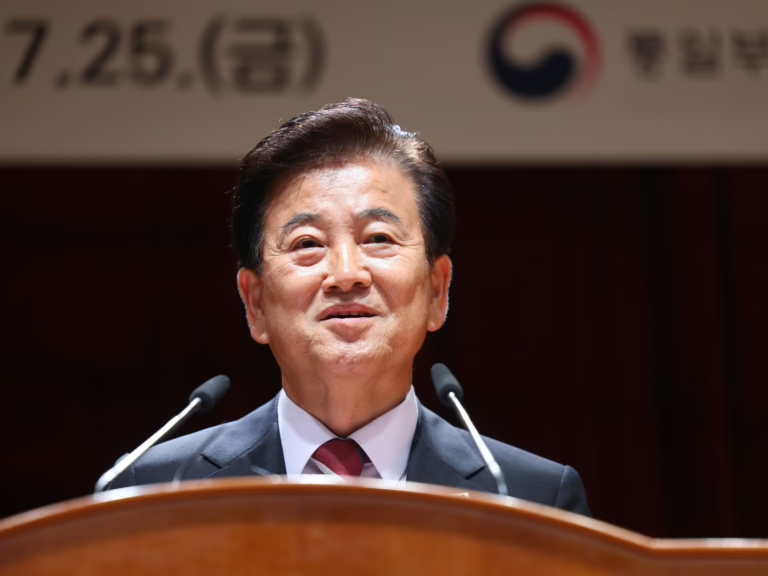South Korea highlights Pyongyang’s growing enriched uranium reserves, emphasizing the critical need to halt its nuclear advancements.
Published On 25 Sep 2025
South Korean officials report that North Korea has amassed a substantial stockpile of weapons-grade uranium.
On Thursday, Unification Minister Chung Dong-young revealed intelligence indicating that Pyongyang holds approximately 2,000 kilograms (around 4,400 pounds) of uranium enriched to 90 percent purity or higher.
If these figures are accurate, it would represent a significant escalation in North Korea’s nuclear material reserves.
According to civilian intelligence sources, North Korea currently operates four uranium enrichment facilities.
“At this very moment, uranium centrifuges are active at four separate locations,” Chung stated, referencing only the Yongbyon site, which North Korea had previously claimed to have shut down but reactivated in 2021.
International analysts suspect that additional enrichment plants have been established as Kim Jong Un intensifies efforts to broaden his nuclear arsenal.
South Korea’s defense ministry has long acknowledged that North Korea possesses a considerable quantity of highly enriched uranium, the essential component for nuclear warheads.
To qualify as weapons-grade, uranium must be enriched beyond 90 percent, enabling the critical mass necessary to trigger a nuclear chain reaction.
The International Atomic Energy Agency (IAEA) estimates that about 42 kilograms (92.6 pounds) of weapons-grade uranium is sufficient to produce a single nuclear bomb; thus, 2,000 kilograms could theoretically yield nearly 47 nuclear devices.
Chung emphasized the urgency of halting North Korea’s nuclear progress but expressed skepticism about the effectiveness of sanctions, advocating instead for renewed dialogue between Pyongyang and Washington.
Diplomatic efforts have been stalled since 2019, following the collapse of high-profile summits between Kim Jong Un and former U.S. President Donald Trump, which ended without any agreements.
Recently, Kim indicated a willingness to engage in talks with the U.S., provided that demands for complete denuclearization are reconsidered.
Since its first nuclear test in 2006, North Korea has remained secretive about its uranium enrichment operations and continues to face extensive United Nations sanctions targeting its prohibited weapons programs.
South Korea’s new President Lee Jae Myung, inaugurated in June, has pledged a softer stance toward Pyongyang compared to his predecessor, Yoon Suk-yeol, focusing on engagement rather than regime change.
Chung criticized the previous administration’s approach of labeling North Korea as the “main enemy” and insisting on denuclearization upfront, arguing that this strategy inadvertently allowed Pyongyang’s nuclear capabilities to grow unchecked.

















